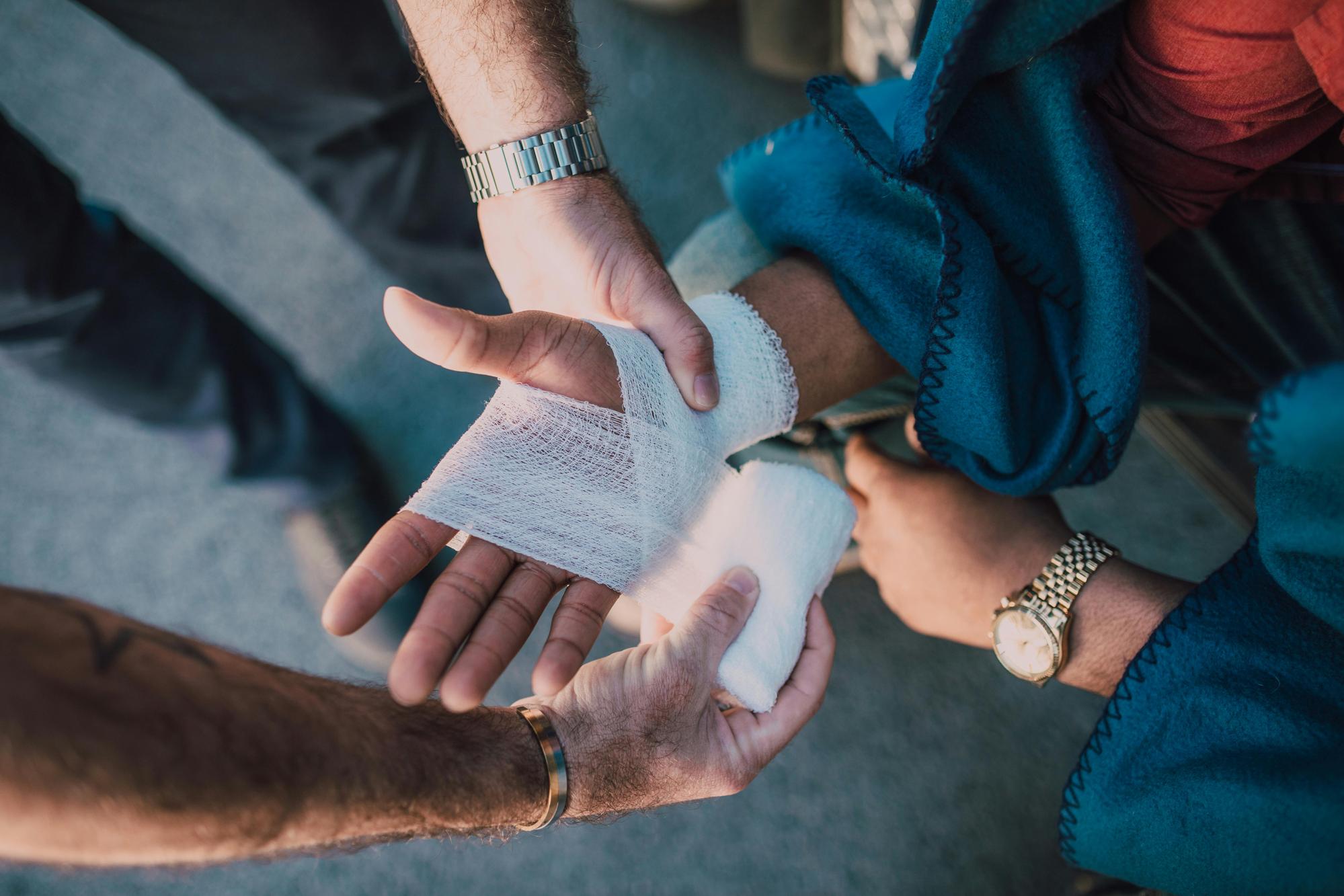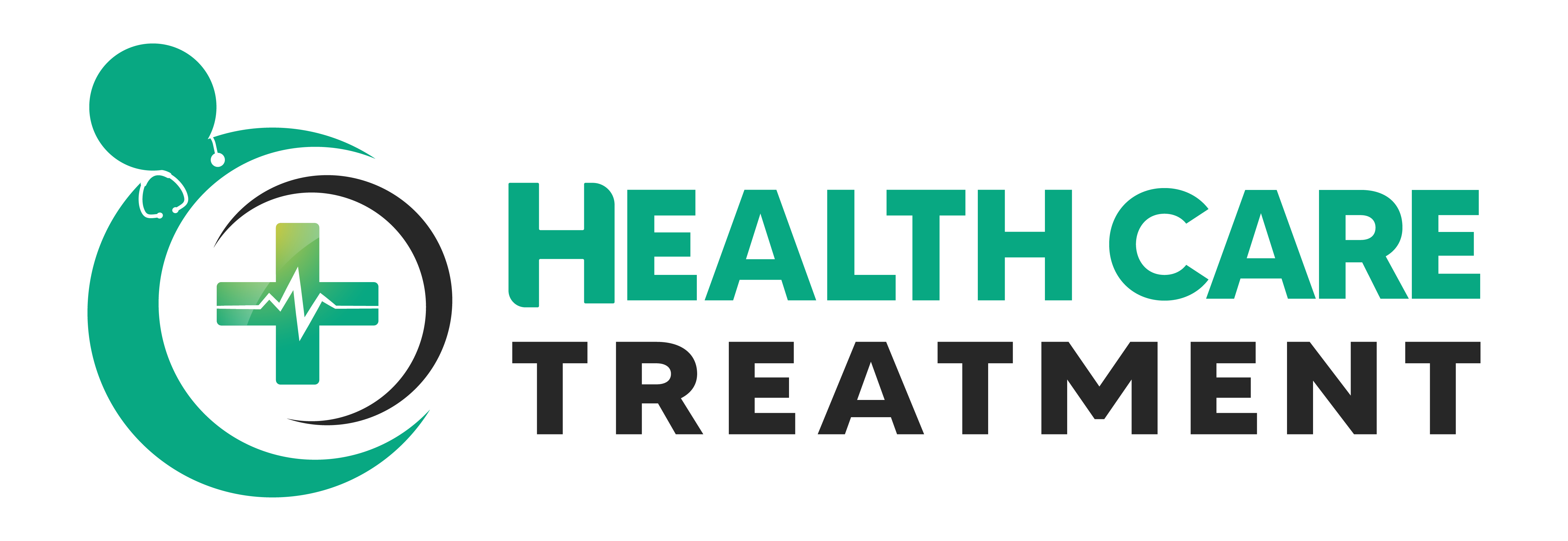23 May, 2025 | Olive Nguyen | No Comments
Diabetic Wound Care in Bowling Green: Prevention & Advanced Treatments

Living with diabetes comes with a unique set of health challenges—one of the most serious being the risk of developing chronic wounds. For residents of Bowling Green, KY, understanding diabetic wound care is not just about healing—it’s about prevention, early intervention, and choosing the right medical support.
If you or a loved one is managing diabetes, it’s crucial to recognize the early signs of wound complications and seek the right treatment quickly. In this guide, we’ll explore diabetic wound care in Bowling Green, tips for prevention, and where to find the most advanced treatments—like those offered at Iris Medical Group in Bowling Green, KY.
Why Diabetics Are at Higher Risk for Wounds?
People with diabetes often suffer from poor circulation, nerve damage (neuropathy), and immune system suppression, all of which can slow healing. Small injuries—like a blister or scrape—can become infected or turn into ulcers if not treated promptly. This makes preventive care just as important as treatment.
Common Types of Diabetic Wounds
- Foot ulcers – These are among the most common and serious wounds in diabetic patients.
- Pressure sores – Caused by prolonged pressure on skin, often due to immobility or poor footwear.
- Post-surgical wounds – Healing may be delayed in diabetics, especially if blood sugar is not controlled.
Without proper care, these wounds can lead to serious complications including infections, tissue damage, and even amputation.
Signs a Diabetic Wound Needs Immediate Attention
If you notice any of the following symptoms, it’s essential to seek medical help right away:
- Redness, swelling, or warmth around the wound
- Foul odor or discharge
- Black or blue tissue (a sign of dead tissue)
- Persistent pain or numbness
- Wounds that do not improve after a few days
Preventing Diabetic Wounds: Practical Tips
Prevention starts with daily habits. Here are a few ways to reduce your risk:
1. Inspect Your Feet Daily
Use a mirror or ask for help to check for blisters, cuts, or redness—especially on the soles of your feet.
2. Keep Blood Sugar Under Control
Consistently high glucose levels impair healing and increase infection risk.
3. Wear Proper Footwear
Avoid walking barefoot and choose shoes that fit well and provide support.
4. Moisturize and Protect
Use lotion to prevent cracking but avoid applying between toes where moisture can cause fungal growth.
5. Visit a Specialist
Regular checkups with a podiatrist or wound care expert can catch problems before they escalate.
Advanced Wound Care in Bowling Green
Not all wounds can be managed at home. That’s where specialized care comes in. At Iris Medical Group in Bowling Green, KY, patients receive personalized treatment plans that blend advanced wound healing technology with compassionate care.
Their team of medical professionals focuses on both prevention and recovery, offering services such as:
- Debridement – The removal of dead or infected tissue to promote healing.
- Wound dressings and negative pressure therapy
- Infection control protocols
- Diabetic foot care and education
- Coordination with primary care and endocrinologists
Their comprehensive approach ensures that each wound is treated based on severity, location, and the patient’s overall health condition.
Why Local, Specialized Wound Care Matters?
Choosing a local provider like Iris Medical Group is beneficial for several reasons:
- Convenient access for regular appointments
- Faster response in case of complications
- A team that understands your community
- Integrated care with other specialists you already see
Bowling Green residents can feel confident knowing they have access to high-quality wound care without traveling far from home.
When to Reach Out for Help?
If you’re unsure whether a wound requires medical attention, it’s better to be cautious and schedule a consultation. Delaying care can lead to hospitalization or permanent damage. Iris Medical Group in Bowling Green welcomes new patients and is committed to helping the community manage diabetic wounds with confidence and comfort.
Final Thoughts
Diabetic wound care isn’t just about treating a sore—it’s about preserving health, mobility, and independence. With the right preventive steps and access to advanced treatment, you can dramatically lower the risks associated with chronic wounds.
